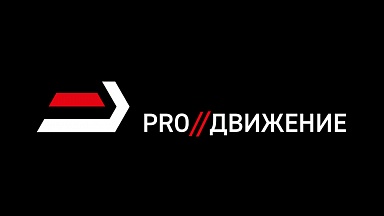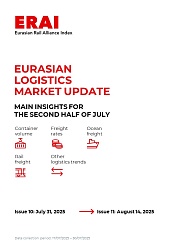He who owns the information, owns the world. Is this adage applicable to logistics?
Who owns the information is important, but it needs more than only information. Trust, responsible behavior, and reconnecting the customer to the process become important factors in the logistic area.
In your opinion, what opportunities does the ERAI portal (index1520.com) open up? What is your assessment of the portal’s productivity and usefulness?
First, the ERAI portal is a source of information and in this way a marketing argument for interested clients, forwarders and logistic providers. But the background of this information is only relevant for the wide stretch of 1520. It would be great if the index covered the whole distance for clients, including Europe and China, and also provided some additional information, e.g. CO2 footprint.
Does the Eurasian Rail Alliance Index portal help establish dialog and build trust between consignors and freight companies?
The index can support the dialogue between certain different parties, but the index doesn’t show the competition with other modes of transportation, e.g. ocean freight, air freight and land freight. Also, it would be helpful if the ERAI index reflected volatility in other transport corridors between Europe and Asia as well.
Was the launch of the portal well-timed? What are the current trends on the cargo transportation market?
After some years, the launch of ERAI index portal is the first interesting step to measure some KPI’s for container transportation between Asia and Europe on the 1520 stretch. But if you look on the present trends of the container transportation market you can see that more and more requests of the clients are not related to block train information at all. These requests are more related to single containers and their track & tracing as a box between two terminals and not between two borders. There is room for improvement.
Digitalization, electronic workflow, blockchain. In what way are these processes and technologies likely to affect logistics services?
Digitalization, electronic workflow and blockchain are tools in the process of transformation of logistic services and products in the supply chain. More efficiency of the services and better KPI’s in quality and cost related services are expected by the market as an absolute MUST in the supply chain. This will change our industry not only in the corridor but overall in the next 5-20 years globally.





